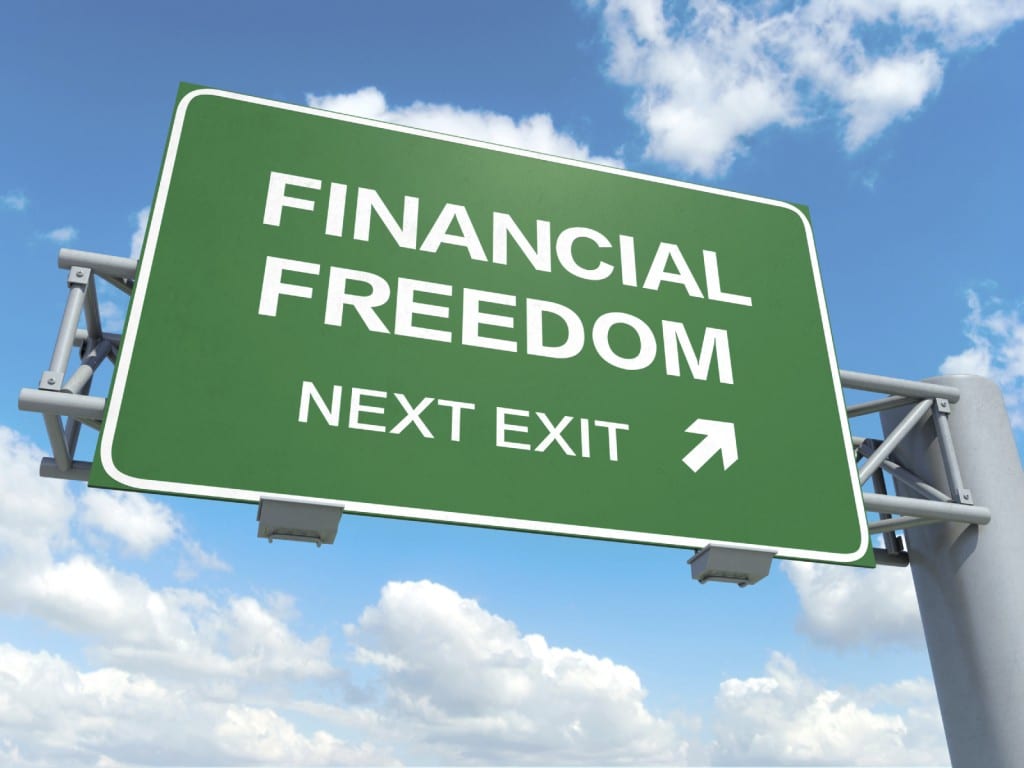
A recent paper published by Robin R. Randolph suggests Chapter 13 bankruptcy gets a bad reputation because individual districts may lack certain advantages. The paper, titled Chapter 13: Getting to Completion, makes several important observations.
First, the author notes that national statistics show that only 36 percent of Chapter 13 filers complete their payment plans. This low percentage perpetuates a tale that Chapter 13 is often unsuccessful. However, this is not always the case and depends on other factors. A deeper understanding of completion rates is needed, and this can only be accomplished by looking at individual districts. More importantly, a comparative approach is needed to understand why some districts have higher completion rates than others.
It is important to realize that different court districts have different rules. This is one reason why you should not pay much mind to national statistics on Chapter 13 completion rates.
As the paper points out, some districts have higher Chapter 13 completion rates (58 to 75 percent in the best cases). Now why might that be?
There are several reasons provided by the author on why Chapter 13 completion rates vary. The paper argues that experienced or inexperienced law firms, automatic payments and trustee caseloads can cause variations in completion rates. Not all law firms are created equal, and some may use underqualified staff or attorneys who poorly communicate with clients. Trustees may also be overwhelmed with cases in some districts.
One aspect of the paper argues mandatory automatic payment plans may help improve the Chapter 13 completion rates in poorly-performing districts. The Administrative Office of the U.S. Courts has also noted that automatic payments improve the chances Chapter 13 plans are completed.
Why Are Mandatory Automatic Payments Effective?
Some districts use mandatory automatic payment rules, removing the choice as to whether Chapter 13 filers make timely payments to trustees. The research paper suggests this is one of the main reasons why some districts have higher Chapter 13 completion rates than others.
There are several ways districts can use mandatory automatic payments. Automatic payments can be deducted from payroll or directly from the checking accounts of borrowers. For those receiving deductions from checking accounts, they may have sources of income other than jobs, such as trust funds, pensions or passive income (rental properties or certain types of stocks). By removing the burden of writing and sending a check every month, the argument suggests debtors might be less likely to fall behind on payments.
What do the numbers say? Out of the top 20 percent of districts with the highest rates of Chapter 13 completion, nine have mandatory automatic payment rules. Some districts only implement mandatory automatic payments when borrowers have fallen behind (either on Chapter 13 repayment plans or other debts).
Automatic payments may have benefits for debtors, but a lot can happen in a three to five-year repayment period. What options exist for debtors in Chapter 13 when they run into difficulties?
Do You Have Options After Falling Behind on Chapter 13 Payments?
Although automatic payments may have benefits for debtors, it is still possible to fall behind. Debtors filing for bankruptcy are always going to have varying financial and life situations. Monthly income can change for debtors due to a number of factors. If debtors are self-employed or working in careers with sporadic income (commission-based or self-employed are common examples), they may run into trouble with their Chapter 13 repayment plans. Emergency job loss or reduced passive income from rents or other investments can easily jeopardize Chapter 13 repayment plans.
In some cases, debtors may find their outstanding payment plans unaffordable. Such situations may create problems with automatic payments. In some circumstances, Chapter 13 cases can be modified and payments paused to account for emergency situations. Falling behind is not necessarily the end of the world. In the event Chapter 13 turns out to not be the best option for debtors, they might be able to convert their cases into a Chapter 7 bankruptcy. The point is that there are usually additional options when Chapter 13 payment plans run into problems.
Debtors can discuss options with their attorney if they fall behind on payments or wish to convert their cases into a Chapter 7 bankruptcy.
For more information about the benefits and potential outcomes of filing Chapter 13 bankruptcy—including removing second mortgages and reducing automobile debt—reach out to the lawyers at The Sader Law Firm. We serve the greater Kansas City area in both Missouri and Kansas state.
 Book an
Book an Email
Email Directions
Directions







